A 7kW charger is a common choice for home electric vehicle (EV) charging. It is important to understand the usage and power consumption of a 7kW charger, especially for EV owners who charge their vehicles at home. In this article, I will explain how a 7kW charger works, its energy usage, and whether it draws 7kW per hour.
Key Takeaways:
- A 7kW charger adds approximately 25 to 30 miles of range per hour to an electric car.
- Charging an electric car with a 7kW charger takes about 4-8 hours, depending on factors such as temperature and battery size.
- Factors affecting EV charging times include temperature, battery state of charge, maximum onboard charging rate, and the charging rate of the EV charging point.
- A 7kW charger is sufficient for regular residential charging needs and is commonly available for public charging.
- Charging time can be calculated by dividing the battery capacity by the power of the charger.
Factors Affecting EV Charging Times
Several factors can influence the amount of time it takes to charge an electric car, regardless of the charger’s power rating. Understanding these factors is essential for optimizing charging efficiency and planning charging sessions effectively. Let’s explore the key factors that affect EV charging times:
Temperature
The temperature can have a significant impact on charging efficiency. Extreme temperatures, whether it’s too hot or too cold, can slow down the charging process. It is recommended to charge your electric car in a moderate temperature environment to ensure optimal charging speed.
Maximum Onboard Charging Rate
Each electric vehicle has a maximum onboard charging rate, which determines the charging speed it can achieve. The higher the onboard charging rate, the faster the car can charge. It is important to be aware of your vehicle’s charging capabilities and match it with an appropriate charger to achieve optimal charging times.
State of Charge of the Battery
The state of charge (SOC) of the battery refers to the amount of remaining charge in the battery. Charging from a lower SOC to a higher SOC takes more time compared to topping up a partially charged battery. Starting with a higher SOC will result in faster charging times.
Number of Electric Vehicles Charging Simultaneously
When multiple electric vehicles are connected to the same charging point simultaneously, the charging rate may be split between them. This can lead to longer charging times for each vehicle. If possible, it is best to avoid charging during peak hours when many other drivers may also be using the charging infrastructure.
Battery Size
The size of the battery in an electric car directly affects the charging time. Larger battery packs will take longer to charge compared to smaller ones. It’s important to consider the battery size when estimating the duration of a charging session.
Charging Rate of the EV Charging Point
The charging rate of the EV charging point, often measured in kilowatts (kW), also plays a role in determining the charging time. Different charging stations may offer varying charging rates, so it’s essential to choose a compatible charging point that meets your needs.
By considering these factors and optimizing your charging routine accordingly, you can ensure efficient and timely charging for your electric car.
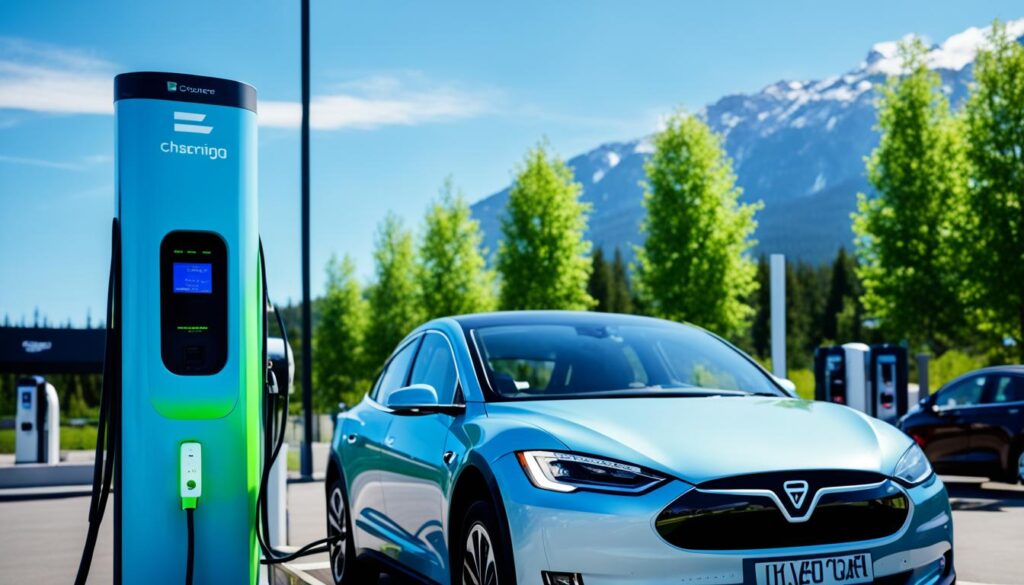
Is a 7kW Charger Sufficient for an Electric Car?
When it comes to charging an electric car, one of the common questions that arises is whether a 7kW charger is enough. The short answer is yes, a 7kW charger is more than sufficient for charging an electric car.
As the standard charging speed for home EV chargers, a 7kW charger is suitable for regular residential charging needs. It provides a convenient and efficient way to charge your electric vehicle at home, allowing you to start each day with a full battery.
Most houses in the UK have single-phase electricity supplies, and a 7kW charger is the maximum charging rate that can be installed without upgrading to a three-phase electricity supply. This makes it a practical and cost-effective option for homeowners.
Additionally, 7kW public charging points are widely available in supermarkets and other public locations. This means that even if you need to charge your electric car outside of your home, you can easily access a 7kW charger and have peace of mind knowing that it is sufficient for your charging needs.
Overall, a 7kW charger strikes the right balance between charging speed and electricity consumption. It offers a reliable and practical solution for most electric car owners, providing a convenient way to keep their vehicles charged and ready for the road.
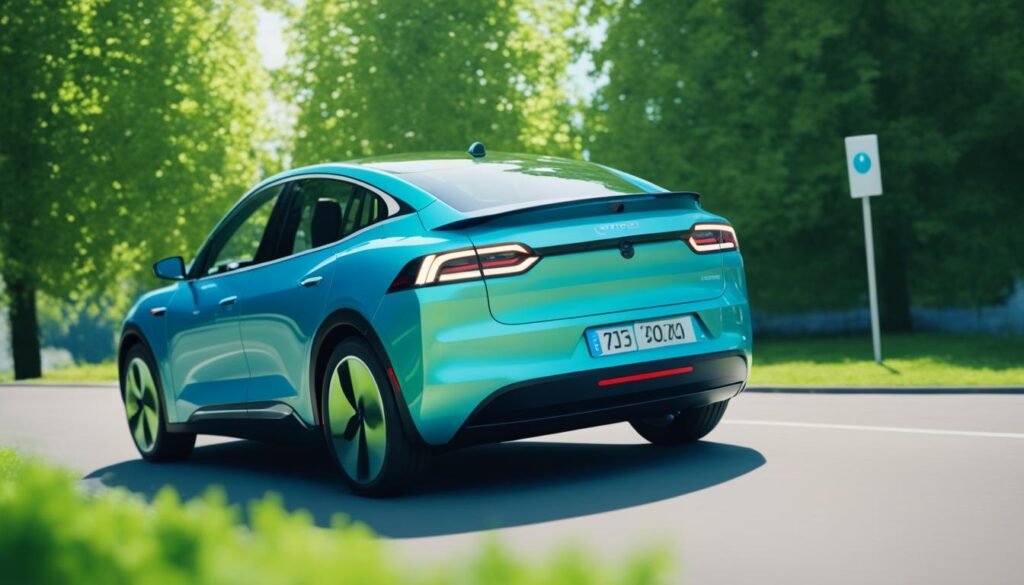
| Charging Speed | Average Charging Time (for 100 kWh battery) |
|---|---|
| AC 3kW Charger | 33 hours and 20 minutes |
| AC 7kW Charger | 14 hours and 17 minutes |
| DC 50kW Charger | 2 hours |
| DC 150kW Charger | 33 minutes |
Charging Speed and Charging Time Calculation
The charging speed of an EV charger is measured in kilowatts (kW), while the charging time is dependent on the battery capacity of the electric car and the power of the charger. To calculate the time it takes to charge an electric car, divide the battery capacity (in kilowatt-hours, kWh) by the power of the charger (in kilowatts, kW).
Charging Time Formula:
Charging Time (in hours) = Battery Capacity (in kWh) / Charger Power (in kW)
For example, suppose you have an electric car with a battery capacity of 73 kWh and a 7kW charger:
Charging Time = 73 kWh / 7 kW
Charging Time ≈ 10 hours and 25 minutes
This means that it would take approximately 10 hours and 25 minutes to fully charge your electric car with a 7kW charger, given a battery capacity of 73 kWh.
Keep in mind that charging times can vary depending on various factors such as battery size, charging efficiency, and external conditions. It’s always a good idea to consult your electric vehicle’s manual or the charger manufacturer’s specifications for more accurate charging time calculations.
Cost of Charging an Electric Car
The cost of charging an electric car can vary depending on the charging station and the speed at which it charges. When charging at home with a 7kW charger, it is generally the most cost-effective option, as it consumes electricity at the average rate for households.
However, public charging stations may have different pricing structures. Typically, faster chargers cost more per kilowatt-hour (kWh) of energy. It’s essential to consider these factors when calculating the overall cost of charging an electric car.
To determine the cost of a full charge, you can multiply the cost per kWh by the battery capacity of the electric car. This calculation can help you estimate the total charging cost and make informed decisions about your charging habits.
Example Calculation:
Let’s say the cost per kWh is £0.15, and the battery capacity of your electric car is 60 kWh. To find out how much it would cost to fully charge your car, you would multiply the cost per kWh by the battery capacity:
Total Cost = £0.15/kWh * 60 kWh
In this example, the total cost of a full charge would be £9.00. It’s worth noting that electricity prices may vary, so it’s essential to check with your utility provider to get accurate cost information.
Charging Cost Comparison:
| Charging Option | Charging Speed | Cost per kWh | Full Charge Cost |
|---|---|---|---|
| Home Charging (7kW Charger) | Medium | £0.15 | £9.00 |
| Public Charging (22kW Charger) | Fast | £0.25 | £15.00 |
| Rapid Charging (50kW Charger) | Ultra-Fast | £0.35 | £21.00 |
This table provides a comparison of the charging options and their associated costs. As you can see, home charging with a 7kW charger offers the most affordable charging solution for electric car owners. However, it’s important to consider your specific charging needs, as faster chargers may be required for long-distance trips or time-sensitive situations.
Conclusion
In conclusion, a 7kW charger is a suitable option for residential charging of electric cars. It provides a convenient and cost-effective way to charge an electric vehicle at home. With an average charging speed of 25 to 30 miles per hour, a 7kW charger can add significant range to an electric car’s battery in a relatively short time.
The actual charging time will vary depending on several factors, including the battery capacity, the charging speed, and external conditions such as temperature. It’s essential to consider these factors when planning your electric car charging routine. By understanding the capabilities of a 7kW charger and calculating the charges per hour, you can optimize your charging times and ensure that your electric car is ready for your daily commute or weekend adventures.
Having a 7kW charger at home eliminates the need to rely solely on public charging stations or fast-charging options, saving you time and money in the long run. Additionally, by charging your electric car at home, you can take advantage of off-peak electricity rates, further reducing your charging costs.
In summary, a 7kW charger offers a practical and efficient solution for charging your electric car at home. It empowers you to take control of your charging routine, providing a convenient and reliable way to maintain the battery life of your electric vehicle. By investing in a 7kW charger and understanding how it can enhance your charging experience, you can enjoy the benefits of electric mobility without compromise.





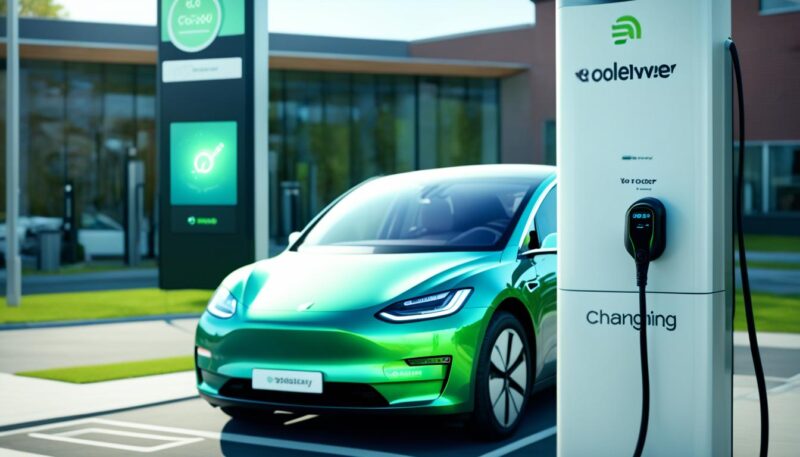
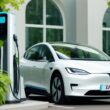



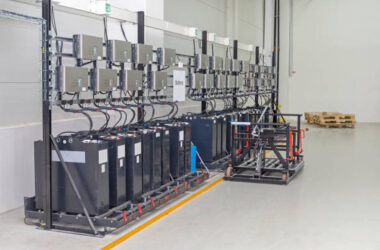
Hi there, I found your site via Google while searching for a related topic, your web site came up, it looks good. I’ve bookmarked it in my google bookmarks.
Would love to constantly get updated outstanding blog! .
Hello! This post could not be written any better! Reading through this post reminds me of my good old room mate! He always kept talking about this. I will forward this page to him. Pretty sure he will have a good read. Thank you for sharing!